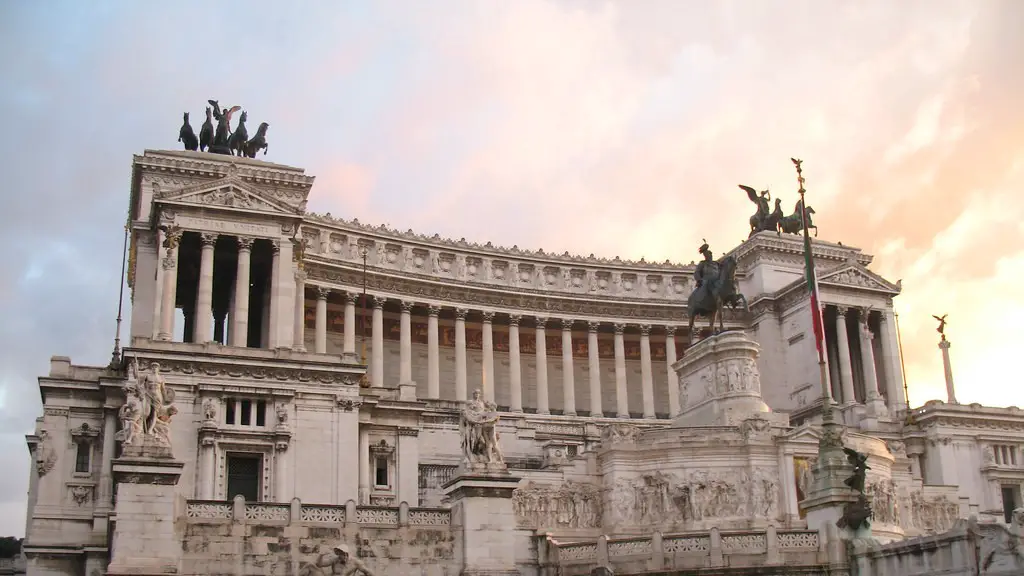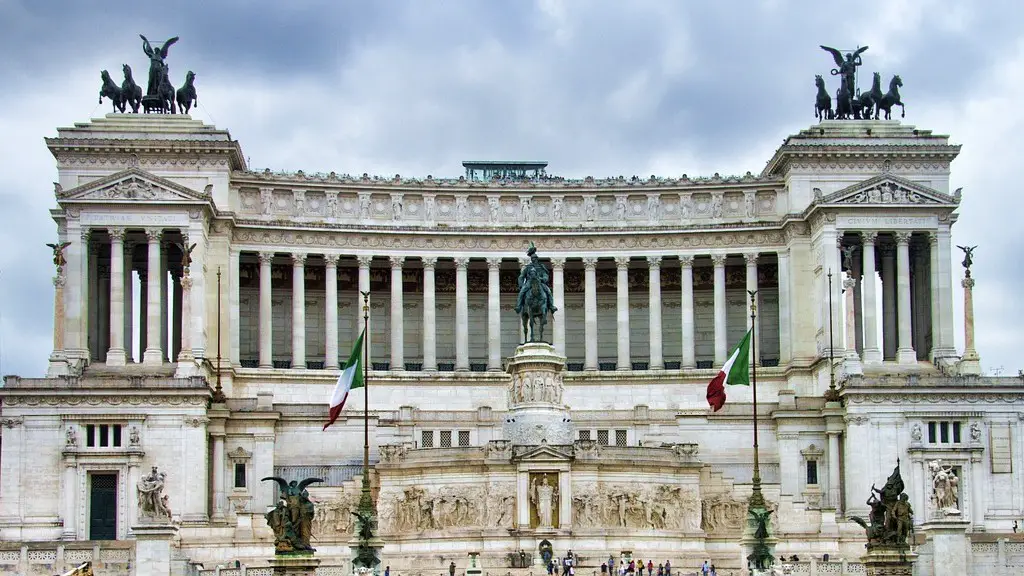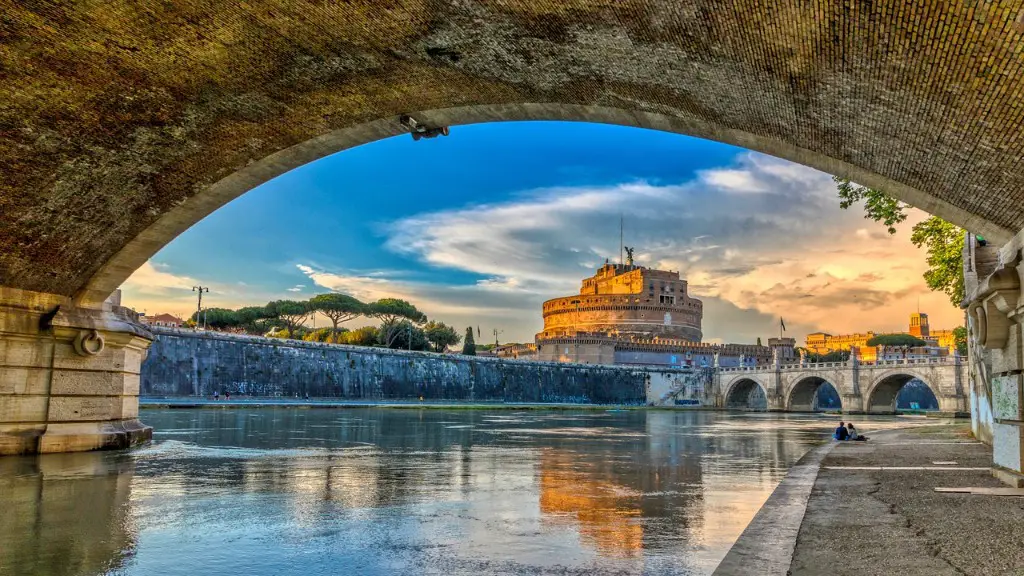Ancient Rome was a thriving and powerful empire, which left an impressive mark on labor, military, and culture. With an expansive domain across Europe, North Africa, and the Middle-East, Rome’s influence was literally far-reaching. Today, it is one of the oldest and most studied empires. Beyond its founding, there are many things that make Ancient Rome unique and they showcase how Rome ultimately became the powerhouse that it was.
The first thing that made Ancient Rome unique was its political system. Rome is the only civilization to transition from a monarchy to a republic, and then from a republic to an empire. This journey, which spanned over 500 years, illustrates Rome’s deep commitment to experimentation and development of government system. As a result, Rome was able to maintain a strong central government for centuries, eventually leading to its establishment as world superpower.
Another thing that made Ancient Rome unique was its remarkable infrastructure. By building roads, and aqueducts, Rome was able to transport goods, and resources quickly and efficiently. Not only did this allow Roman citizens to obtain items necessary for daily life, but it also enabled the empire to expand its reach. Additionally, its extensive navigable riverways, granted the Roman Empire the ability to trade and communicate across vast distances. Moreover, Rome was known for its impressive and iconic monuments and structures such as the Colosseum and the Pantheon.
Furthermore, Ancient Rome was unique in its ability to balance its rule throughout the empire. Rome accomplished this by using a mix of regional control, assimilation, and regional autonomy. This strategy allowed the empire to remain in power without completely obliterating or ignoring rich and diverse regional cultures. In addition, Rome was the only ancient society that gave the same legal rights to women and men, reflecting that Rome was a much more advanced society, than those of the same period.
Lastly, Ancient Rome was historic for its philosophy, literature and art. Within this, Rome was inspired by the Greeks, but put its own spin on things in order to form its own culture. Not only did Rome celebrate creativity, but its authors and philosophers reshaped the history of the world. It was during this period that Virgil wrote the famous Aeneid and a great number of authors wrote about philosophy, science, and history. In addition, Roman art was so well crafted that it was admired even today, over 2000 years later. As an example, the frescoes, mosaics and sculptures that graced the buildings of Rome still inspire awe and admiration.
Plumbing Systems
A unique aspect of Ancient Rome was its plumbing system. Early Roman plumbers had developed the world’s most advanced water management systems. These systems included aqueducts, lead piping and a variety of irrigation systems. What made the Roman plumbing systems unique was their efficiency, durability, and long-term resilience. Roman aqueducts were built to be virtually unbreakable, and because of their sprawling design, were able to provide water for the entire empire. Additionally, lead piping enabled local access to clean water, not only for Romans but for those living in other regions, as well. This kind of comprehensive plumbing system was unprecedented in its era and allowed the Roman Empire to experience a greater level of prosperity and health than any other society of its time.
Legal System
Ancient Rome is also known for its innovative legal system. One of the foundations of Roman law was the concept of a jurist. Jurists were renowned for being well-versed in legal practices and for creating a lucid system for understanding the law. The Roman law codes were also filled with in-depth rules, designed to protect citizens from abuse of power from the government, as well as from other citizens. In addition to codifying rules, the Romans developed a system of court hierarchy that allowed for the rapid administration of justice.
Military Strategy
Rome is also known for its unparalleled military strategy and tactics. Roman infantry was perhaps the most feared forces in the ancient world, with its soldiers trained in an array of combat techniques, which included the use of spears, shields, and swords. Roman infantry was also divided into units of five or 10 men and was capable of marching in formation even in the face of danger. These tactics enabled Rome’s military forces to have a tactical advantage over its enemies, and enabled them to quickly defeat the opposition in open battle.
Trade
The last thing that made Ancient Rome unique was its highly developed trading system. This system was considered much more sophisticated than the trading systems of other ancient empires. Rome had an extensive network of trading fleets, warehouses, and markets, which allowed merchants to freely trade goods from as far west as Britain, to all the way east to India. The trade network that Rome developed was so durable that even today it is still being used, making it one of the longest-running systems of commerce in history.


